A Fluff of History: Introducing the Bichon Frise
The Bichon Frise, a small cheerful dog with a distinctive cotton‑ball coat, is a breed steeped in history. Originating in the Mediterranean region, these dogs can trace their lineage back to the Barbet, a water spaniel. They were popular companions of European royalty during the Renaissance, appearing in paintings and gracing the courts of Spain, France, and Italy. Their endearing personality and charming looks made them instant favorites. However, with the French Revolution many of these pampered pups found themselves wandering the streets, some ending up performing in circuses. This period honed their natural aptitude for learning tricks, a trait still present in the breed today. The Bichon Frise, as a recognized breed, experienced a resurgence in popularity in the 20th century, particularly in America, and remains a beloved companion animal.
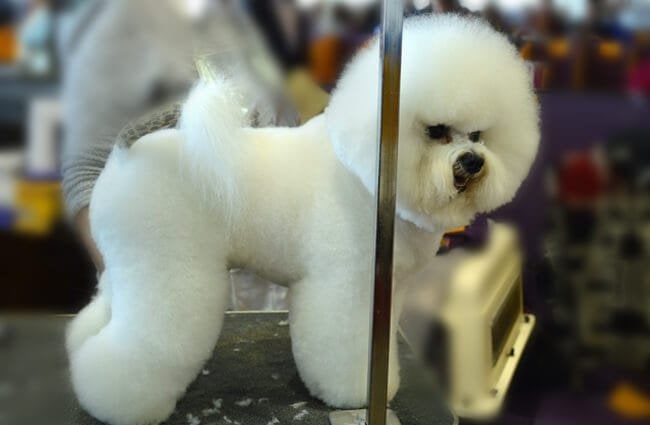
Physical Characteristics: Size, Weight, and Appearance
The Bichon Frise is classified as a small breed. Adults typically stand between 9.5 and 11.5 inches tall at the shoulder, and weigh between 10 and 18 pounds. The breed standard emphasizes a well‑proportioned body with a proud carriage. Their most striking feature, of course, is their double coat. The outer coat is soft, curly, and dense, while the undercoat is also soft and dense. This combination gives the Bichon Frise its characteristic fluffy appearance. The coat is typically white, but may have apricot or cream shadings, particularly around the ears. Their dark expressive eyes and black nose contribute to their sweet engaging expression. A well‑groomed Bichon Frise presents a rounded powder‑puff silhouette.
Temperament and Behavior: What Makes a Bichon Tick?
Bichon Frises are renowned for their cheerful, playful, and affectionate personalities. They are generally outgoing and get along well with people of all ages, including children, and other pets. They thrive on human companionship and dislike being left alone for extended periods. This breed is intelligent and eager to please, making them relatively easy to train, although they can be a little mischievous at times. They have a natural inclination for performing tricks and enjoy learning new commands. Early socialization is crucial to ensure they develop into well‑adjusted adults, comfortable in a variety of situations.
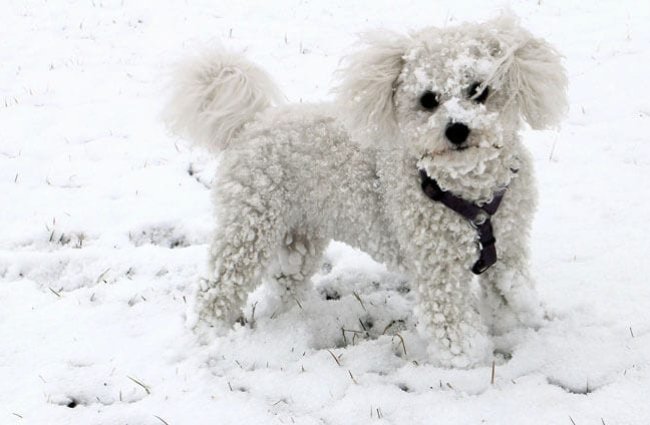
Caring for Your Bichon Frise: A Comprehensive Guide
Grooming: Maintaining the Fluff
The Bichon Frise’s coat requires significant grooming to prevent matting and maintain its pristine appearance. Daily brushing is essential, and professional grooming is recommended every 4 to 6 weeks. This includes bathing, drying, brushing, and trimming. The coat doesn’t shed much, which makes them a good choice for some allergy sufferers, but regular grooming is non‑negotiable. Pay close attention to the areas around the eyes and ears to prevent irritation.
Exercise: Keeping Them Active
Despite their small size, Bichon Frises are relatively energetic dogs. Daily walks, playtime, and interactive games are essential to keep them physically and mentally stimulated. They enjoy exploring and playing with toys. About 20 to 30 minutes of exercise a day is usually sufficient.
Diet: Fueling the Fun
A high‑quality dog food formulated for small breeds is ideal. Portion control is important to prevent obesity. Avoid feeding them table scraps, as this can lead to digestive upset and weight gain. Fresh water should always be available.
Health Considerations
Bichon Frises are generally healthy dogs, but they are prone to certain health conditions, including allergies, bladder stones, cataracts, and patellar luxation (a dislocating kneecap). Regular veterinary checkups are crucial for early detection and treatment of any health issues.
Bichon Frise: Beyond the Basics
Training Tips
Bichon Frises respond well to positive reinforcement training methods. Use treats, praise, and toys to reward good behavior. Keep training sessions short and fun to maintain their attention. Consistency is key. They can be sensitive, so avoid harsh corrections.
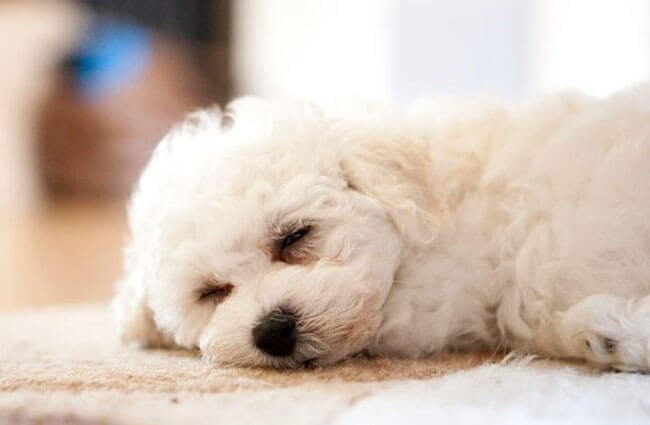
Suitability for Different Lifestyles
Bichon Frises are well‑suited to apartment living, as long as they receive enough exercise. They thrive in families who can provide them with plenty of attention and companionship. They are generally good with children and other pets, but early socialization is important. Their playful nature makes them entertaining companions.
Unique Breed Traits
The Bichon Frise is known for its powder‑puff gait, a bouncy happy walk that reflects their cheerful personality. They are also surprisingly good swimmers. Historically, they were often used as circus performers due to their intelligence and trainability.
Is a Bichon Frise Right for You?
The Bichon Frise is a delightful companion for those seeking a playful, affectionate, and relatively low‑shedding dog. However, prospective owners should be prepared to commit to regular grooming, training, and providing plenty of attention. If you can meet these needs, a Bichon Frise may be the perfect addition to your family. Their charming personality and endearing looks are sure to bring joy to your life for many years to come.
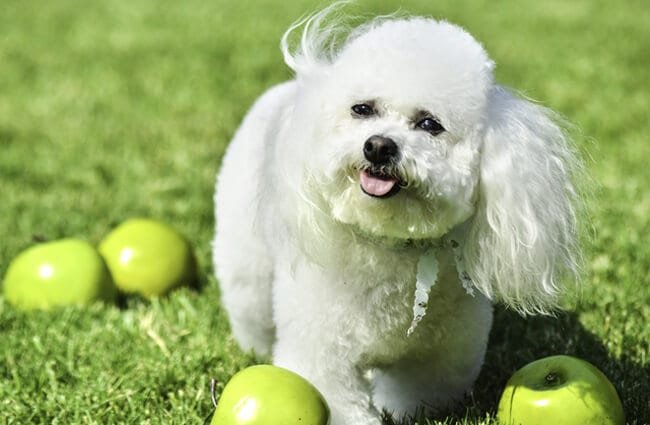
A Word on Breed Variations
While the Bichon Frise generally conforms to a specific standard, slight variations can occur. Coat texture, size, and coloration may differ somewhat among individual dogs. Responsible breeders prioritize health and temperament over purely aesthetic concerns. When selecting a Bichon Frise puppy, look for a breeder who is knowledgeable, ethical, and committed to producing healthy well‑socialized dogs.
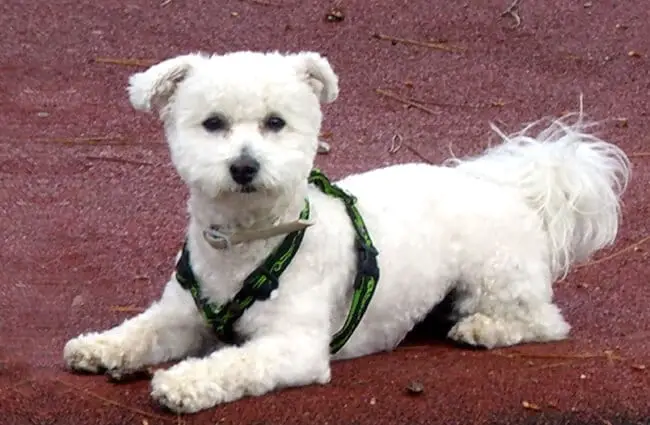

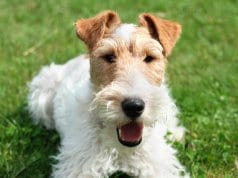
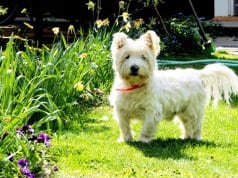
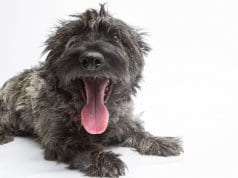

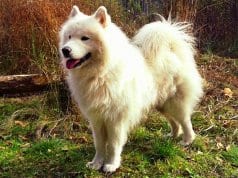
![Red Angus Closeup of a beautiful Red Angus cowPhoto by: U.S. Department of Agriculture [pubic domain]https://creativecommons.org/licenses/by/2.0/](https://animals.net/wp-content/uploads/2020/03/Red-Angus-4-100x75.jpg)

